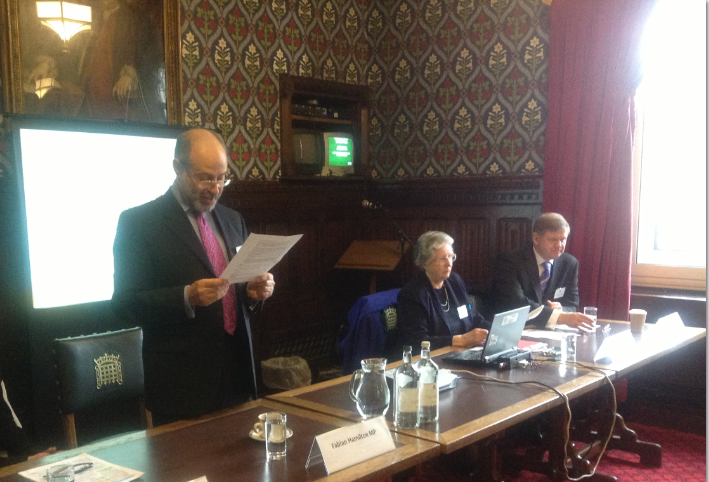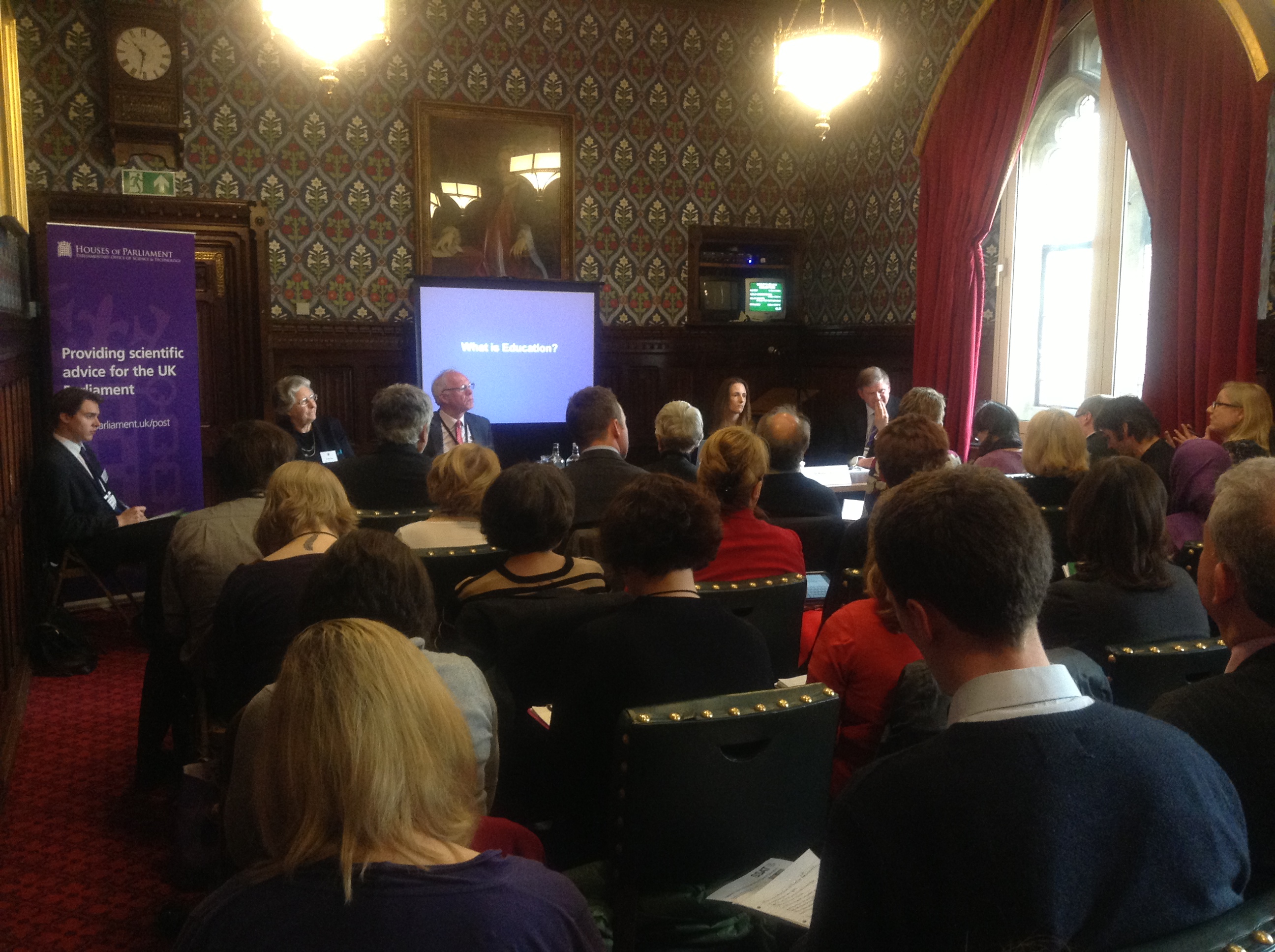Following on from the APPG’s meeting on Primary School Accountability last week, Deputy Prime Minister Nick Clegg and Schools Minister David Laws today launched a consultation setting out proposals to reform the way primary schools are held to account and raise standards for all.
The Department for Education published the following press release:
The new system will be more ambitious, setting out clear expectations of what every child needs to achieve to be ready for secondary school. In 2010, 60 per cent of 11-year-olds needed to clear a “low bar” at the end of primary school. As more and more children have surpassed this basic level, primary schools will now be asked to raise their game. The coalition government proposes that from 2016 primary schools will need to have at least 85 per cent of their 11-year-olds above a new more stretching threshold, and ready for secondary school.
To help schools reach this ambitious goal, the Deputy Prime Minister is announcing the biggest ever rise in the Pupil Premium for primary schools. It will be increased to £1,300 per disadvantaged primary school pupil in 2014/15, up from £900 per child this year. This will help ensure that more pupils are able to achieve higher standards.
Nick Clegg said: “Every primary school should strive to make its pupils ready for secondary school by the time they leave. All the evidence shows that if you start behind, you stay behind. A better start at secondary school is a better start in life. I make no apology for having high ambitions for our pupils. But for children to achieve their potential we need to raise the bar – in terms of tests, pass marks and minimum standards. I am confident that primary schools and their pupils will meet that challenge.
“To help more children achieve this, I am delighted to announce a significant increase in the Pupil Premium at primary level. This increase in money for every eligible primary school child, alongside our reforms to the national curriculum, to statutory assessment and to school accountability for primary schools will help ensure that all pupils are ready to reach their full potential in secondary school. This is a higher bar but with more money to help children over it. This combination will allow all our children to get the best possible start in life.”
David Laws said: “It is vital that we set high aspirations for all schools and pupils. Our new targets will prepare children for success. At the moment, pupils are being asked to reach a bar that too often sets them up for failure not success. So that all children – whatever their circumstances – can arrive in secondary school ready to succeed, we are giving significantly more money to primary school pupils eligible for the Pupil Premium. This will support this step-change in ambition.”
The consultation document published today outlines proposals for:
- Higher floor standards. These would still be based on a combination of pupil attainment and progress. It is proposed that the attainment element is set considerably higher – with at least 85 per cent of a school’s pupils (except those with particular special needs) expected to reach a good level of attainment. But progress will be a key element to reflect the challenging intakes of some schools, and schools will need to be below both measures to be below the floor.
- Updated tests for 11 year olds, in line with the higher expectations of the new National Curriculum. The tests would be in maths; reading; and spelling, punctuation and grammar. The science test for a sample of pupils would also remain.
- Higher expectations of what pupils should achieve. There would be a new “scaled score”, which would be the same for all tests and remain the same over years. It would be set at the level at which 11-year-olds would be considered “secondary ready”. These “scaled scores” are used in international tests, including PISA, PIRLS and TIMSS. The old system of levels – with Level 4 the expected level – will be removed and not replaced as they are unambitious, too broad and do not give parents a meaningful picture of how their children are performing.
- New school-led systems of assessing pupil performance. In line with the freedom to develop their own school curricula, and the removal of the levels system, schools will be given the freedom to design their own systems of measuring pupil performance, and reporting this to parents, such as through clearer school reports. Ofsted will need to see evidence of pupils’ progress but inspections will be based on whatever pupil tracking data schools choose to keep.
- A new reporting method which would see each pupil compared against their peers nationally. Each pupil would be placed in 10 per cent bands, or deciles. Pupils’ positions will only be made available to parents and schools.
- A new benchmark. A baseline assessment is needed to measure the progress that has been made by 11-year-olds. The consultation makes no recommendations on this point, and invites suggestions from interested parties on when to take a baseline. For instance, this could be at age seven, as now, where teachers assess pupils; or a simple check of a child’s ability in the early weeks of a child’s career at school.


